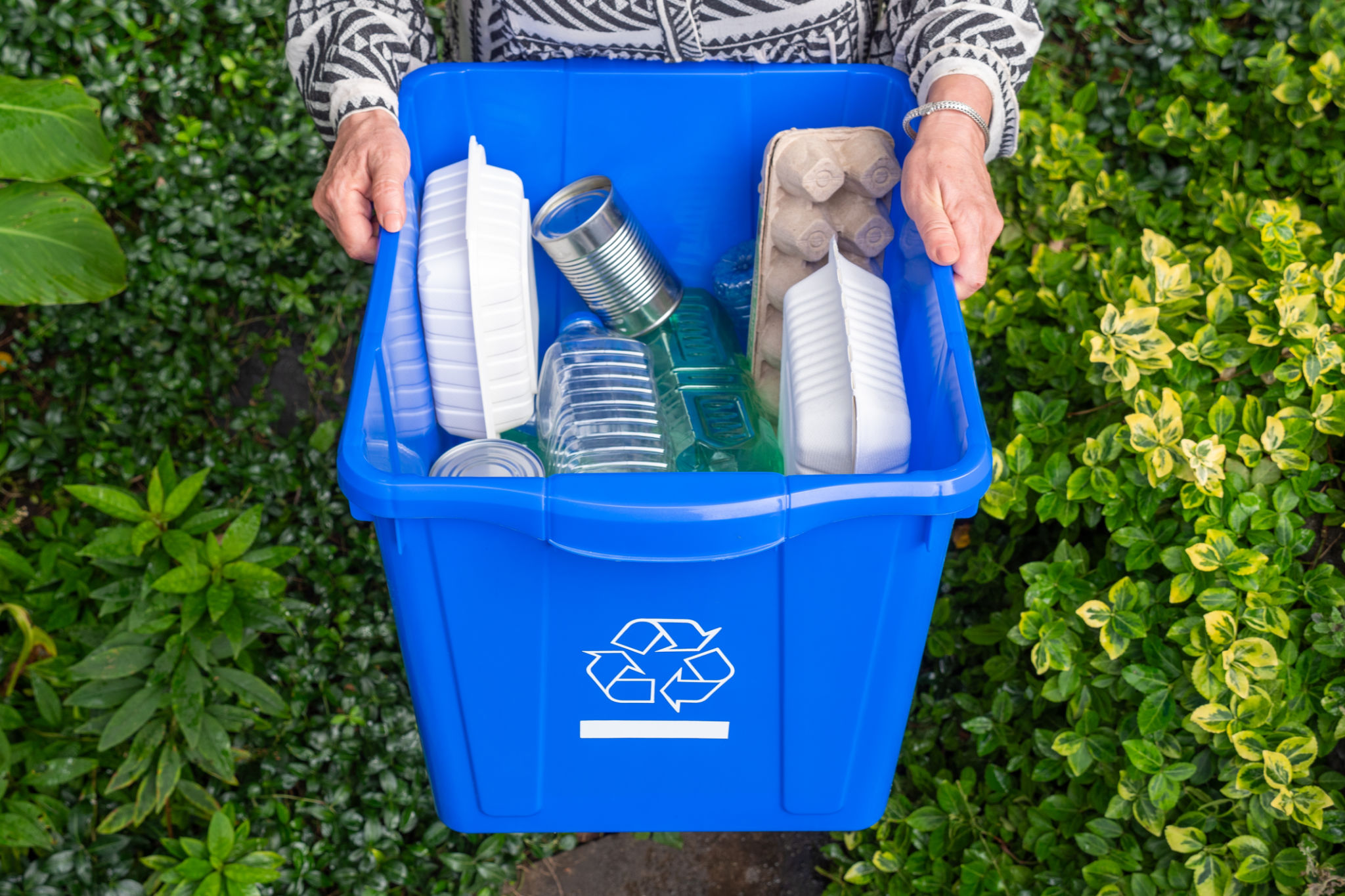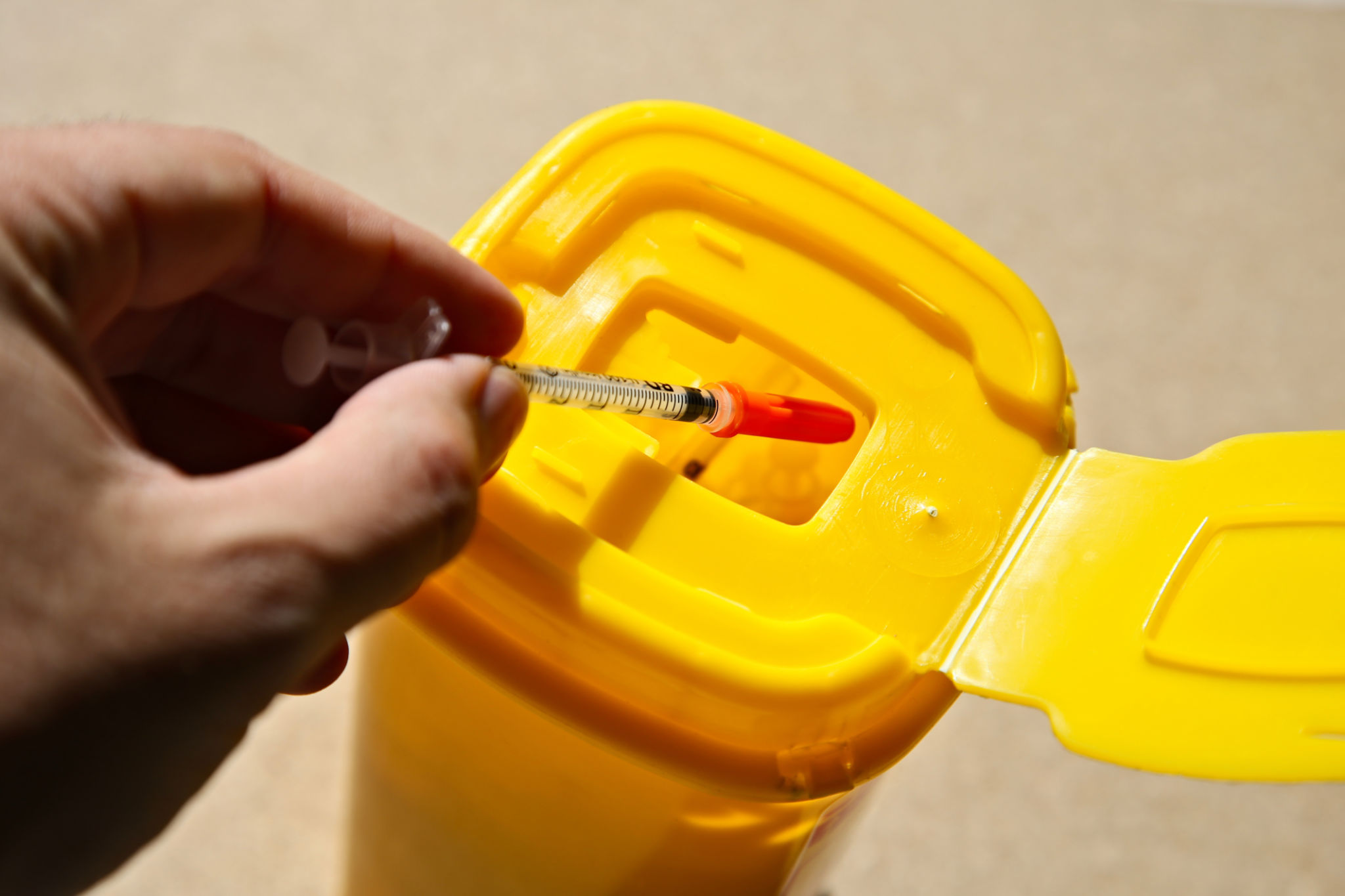Local Waste Management Regulations: What Wandsworth Residents Need to Know
Understanding Local Waste Management Regulations
Waste management is a crucial aspect of maintaining a clean and sustainable environment, and for residents of Wandsworth, understanding local regulations is key. The borough has specific rules and guidelines to ensure waste is disposed of efficiently and responsibly. This blog post aims to provide Wandsworth residents with the necessary information to comply with local waste management regulations.

General Waste Collection
General waste collection in Wandsworth is handled on a weekly basis, and residents are encouraged to adhere to the designated collection days. It is important to ensure that waste is placed in the appropriate bins and that these bins are not overfilled. Overfilled bins can lead to spillage, contributing to environmental pollution and attracting pests.
The council provides residents with standard black bins for general waste. It is crucial to remember that certain items like hazardous materials, electronic waste, and large bulky items should not be placed in these bins. Instead, these require special disposal methods.
Recycling Guidelines
Recycling is an integral part of Wandsworth's waste management strategy. Residents are provided with orange sacks for recyclable materials. Items that can be recycled include paper, cardboard, glass bottles, cans, and certain plastics. It's important to rinse containers to remove food residue before recycling them.

The council encourages residents to actively participate in recycling efforts as it significantly reduces the amount of waste sent to landfills. By following the correct recycling practices, residents contribute to a more sustainable environment and help conserve natural resources.
Garden Waste Disposal
For those with gardens, Wandsworth offers a garden waste collection service. Residents can subscribe to this service for a small fee, which provides them with green bins specifically for garden waste. Acceptable items include grass cuttings, branches, and leaves.
- Ensure that garden waste is free from contaminants like plastic bags or other non-organic materials.
- Do not overfill the green bins as this can make them too heavy for collection.
Special Waste Disposal
Certain items require special disposal due to their hazardous nature. This includes electronic waste, batteries, and chemicals. Wandsworth has designated drop-off points where residents can safely dispose of these items. It's important to utilize these facilities to prevent environmental contamination.

Bulky Waste Collection
For large items that do not fit in standard bins, Wandsworth offers a bulky waste collection service. Residents can arrange for a collection by contacting the local council. This service is essential for disposing of items like furniture and large appliances responsibly.
There may be a fee associated with bulky waste collection, so it's advisable to check with the council for more details on pricing and scheduling.
Conclusion
By understanding and adhering to local waste management regulations, Wandsworth residents can play a significant role in maintaining a clean and sustainable community. Whether it's through regular waste disposal, recycling efforts, or utilizing special waste services, every action counts towards protecting the environment. For more detailed information, residents can visit the Wandsworth Council's website or contact their local waste management department.